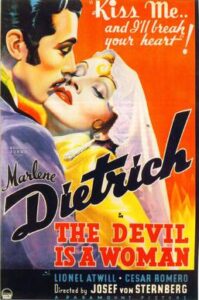
Image credit: Pixabay
By Debbie Burke
Today, let’s welcome another Brave Author with a first page submission that’s described as an adaptation of Sherlock Holmes set in the future. Please enjoy then we’ll discuss.
A Study in Suffering
Ch. 1
“I’m sorry for your loss miss. Very sorry.” But right as the words leave his lip he glances down at his watch. The foot vibrates from his jostling foot.
“How did she die?” The words are strange, foreign. They leave my mouth, but I know they don’t come from me.
His features contort into a twisted pretense of sympathy. “I’m sorry, it’s classified. All you’re permitted to know is that it was an unexpected attack by one of the Betrayers. It’s not my choice, this is all that I know.”
I nod, but after a moment ask “You don’t know which one? Why would that be kept classified?” I’m once again shocked by the numb coldness of my words.
“I’m sorry, but I honestly don’t know. I’m sure you will be told more at a later date. Oh, and i do know that the prime minister will be reaching out to you soon.”
I stare at him.
“Now I truly am sorry miss, but I must go.” He practically runs out the door.
I remain frozen, practically glued to the seat. Then the tears come.
He was supposed to stay for at least a half-hour, but he left halfway through. That’s why it takes fifteen minutes for the secretary to find me, trembling in the chair, tears merging with mascara to create trails of grief running down my face, paper clenched so tightly in my hands that they turn a shade quite similar to it. The paper reads: Valentina Watson, died fighting in combat, 5:55 pm.
My sister is dead
~~~
Let’s dig in. Quotes from the original text are in red. My suggestions are in blue.
The chapter starts with a major upheaval in the life of a character who’s presumably the protagonist. Her sister has been killed in combat and the circumstances of her death are murky. Questions are immediately raised in the reader’s mind. What happened and why is the death is “classified”? Those are excellent hooks with which to begin the story.
However, typos distract from an otherwise promising start.
“I’m sorry for your loss [missing comma] miss. Very sorry.” But right as the words leave his lip [missing s] he glances down at his watch. The foot vibrates from his jostling foot. [this doesn’t make sense.]
…but after a moment ask [missing comma] “You don’t know which one?
“Oh, and i [needs to be capitalized] do know…”
“Now I truly am sorry [missing comma] miss, but I must go.”
My sister is dead [missing period]
Setting: The conversation between the POV character and an unidentified man floats in a vacuum. Is this taking place at her home or work? At military headquarters? Or somewhere else? The reader has no idea.
That’s why it takes the secretary fifteen minutes to find me… This line suggests the location might be a large government office but it’s not clear.
Grounding readers in the fictional world is important. If they have to guess where the action is happening, that not only feels unsettling but also lessens the impact of compelling questions about Valentina Watson’s death. Instead of being pulled into the story, readers are trying to figure out where they are.
This scene is probably crystal clear in the Brave Author’s head but it didn’t quite make the transition from brain to page.
Here’s one possibility to add hints about the place.
“I’m sorry for your loss, miss. Very sorry.” The uniformed soldier sits in a straight-back chair opposite me in a closet-size alcove at the British Embassy. Right as the words leave his lips, he looks down at his watch and crosses his legs. One foot jostles incessantly.
Mood: The characters’ dialogue and actions establish a tense, highly-charged mood for this opening scene. A terrible event deeply affects the POV character yet she is denied answers as to why her sister died. The mention of the prime minister foreshadows a brewing national or international crisis with high-stakes repercussions. Great job!
Character names and functions: First-person POV makes it difficult to introduce the main character’s name without feeling stilted and forced. However, there are a couple of chances to give her name in a natural-sounding way:
“I’m sorry for your loss, Miss Watson. Very sorry.”
Another option is to insert her name in the paper she’s been given: The paper reads: Valentina Watson, died fighting in combat, 5:55 pm. Notify next of kin, XYZ Watson.
Brave Author effectively shows the obvious discomfort of the man who delivers the bad news. I’m guessing he’s probably a walk-on character whose name isn’t important to the story. But identifying his job or function would add valuable background information.
For instance, is he a flunky bureaucrat in a business suit? A doctor or nurse wearing blood-stained scrubs who’s just come from the field hospital where Valentina died? A reluctant grief counselor who’s supposed to stay with the bereaved sister for half an hour but runs out after 15 minutes?
Protagonist’s reaction: Brave Author shows her shock but the phrasing is a bit awkward.
Original: “How did she die?” The words are strange, foreign. They leave my mouth, but I know they don’t come from me.
Suggestion: The words come from my mouth but they sound as if a stranger is speaking.
Original: I’m once again shocked by the numb coldness of my words.
Suggestion: The cold, detached tone of my questions surprises me. How can I sound so calm?
Original: I remain frozen, practically glued to the seat. Then the tears come.
Try to avoid the cliché practically glued to the seat.
Original: “…tears merging with mascara to create trails of grief running down my face…” I like this description a lot because the image nicely combines physical and emotional reactions. However, it’s a minor lapse in POV—she can’t see her own face unless she’s looking in a mirror. Still, I’d keep it because it’s strong and vivid.
Suggestion: My muscles are numb, useless. I can’t rise from the chair. My eyes fill, tears overflowing and merging with mascara to create trails of grief running down my face.
Use the paper clenched in her hand to add more information.
Suggestion: My clenched hand turns the same shade as the crumpled white paper I hold—official Army letterhead that reads Valentina Watson, died fighting in combat, 5:55 pm.
Story questions: The man states: “All you’re permitted to know is that it was an unexpected attack by one of the Betrayers.” This is a great sentence that provokes many questions.
Who has the vast power to decide what information the surviving sister is allowed to know? Why was Valentina in combat? Who are the Betrayers? Why are the details classified? What is Valentina’s importance that causes a prime minister to become involved?
Time: As written now, the encounter between protagonist and the man lasts about 15 seconds rather than 15 minutes. What else happens during the rest of the conversation? Why is it supposed to last a half hour? Is this particular detail about time important? If so, give a hint why.
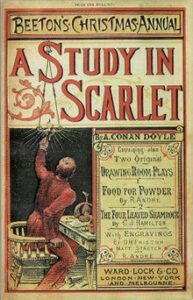
Photo credit: Wikipedia, First edition 1887
One last observation: The book is described as an adaptation of Sherlock Holmes set in the future. I’m guessing the Watson sisters are descendants of Dr. John Watson? The title A Study in Suffering could be a takeoff on A Study in Scarlet. Making the connection at this early stage is not necessary but the Brave Author will need to address that at a future point.
Overall impression: Brave Author, you quickly establish disturbance, tension, and mystery. The strange circumstances of Valentina’s death are compelling. The unanswered questions make the reader eager to learn more. But this first page is too bare bones. Flesh it out and it will be a good start.
Nice work, Brave Author! Wishing you the best of luck!
~~~
TKZers: What’s your impression of this first page? Would you keep reading? Any ideas for the brave author?
~~~
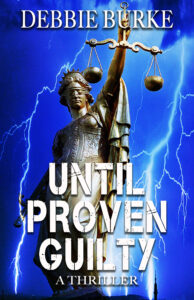
My new thriller, Until Proven Guilty, raises troubling questions about DNA evidence that’s supposed to show proof but may not.
Available at these online booksellers.
Or ask your favorite independent bookstore to order it.


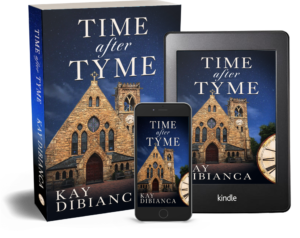
 The other morning, as is my wont (and I want what I wont when I want it) I took a fresh cup of joe and my AlphaSmart to the backyard for some thinking, pondering, and writing time. The joe was brewed in my moka pot, a gift to mankind from the Italian inventor Alfonso Bialetti. Usually I take it black, but we happened to have some Coffeemate Sweet Italian Cream in the fridge. I thought the key word was Italian, but as it turns out the emphasis should be on sweet. This stuff is a sugar bomb. You need less than a dollop of regular cream. My hand trembled, and I poured in a touch too much.
The other morning, as is my wont (and I want what I wont when I want it) I took a fresh cup of joe and my AlphaSmart to the backyard for some thinking, pondering, and writing time. The joe was brewed in my moka pot, a gift to mankind from the Italian inventor Alfonso Bialetti. Usually I take it black, but we happened to have some Coffeemate Sweet Italian Cream in the fridge. I thought the key word was Italian, but as it turns out the emphasis should be on sweet. This stuff is a sugar bomb. You need less than a dollop of regular cream. My hand trembled, and I poured in a touch too much.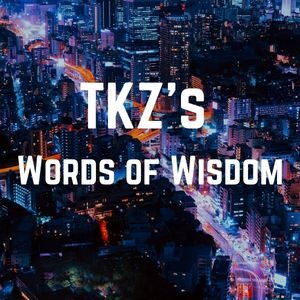
 It’s always fun to catch up, and we haven’t done one of these for a while, so…
It’s always fun to catch up, and we haven’t done one of these for a while, so…
 Garry Rodgers is a retired homicide detective with a second career as a coroner. Now, Garry reincarnated as a crime writer with a popular blog at
Garry Rodgers is a retired homicide detective with a second career as a coroner. Now, Garry reincarnated as a crime writer with a popular blog at 
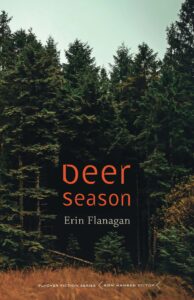
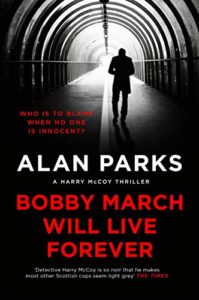
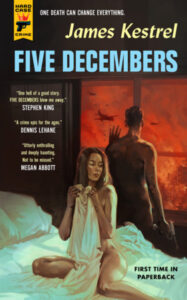
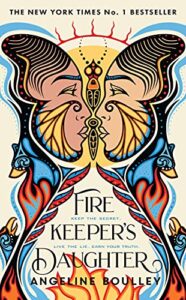
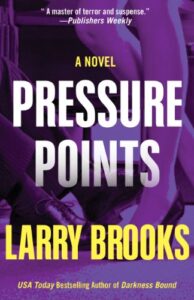 The Prologue of
The Prologue of 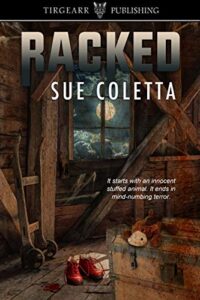 Please excuse my using an excerpt from one of my books. I searched my Kindle for other examples but couldn’t find any that jumped out at me.
Please excuse my using an excerpt from one of my books. I searched my Kindle for other examples but couldn’t find any that jumped out at me.